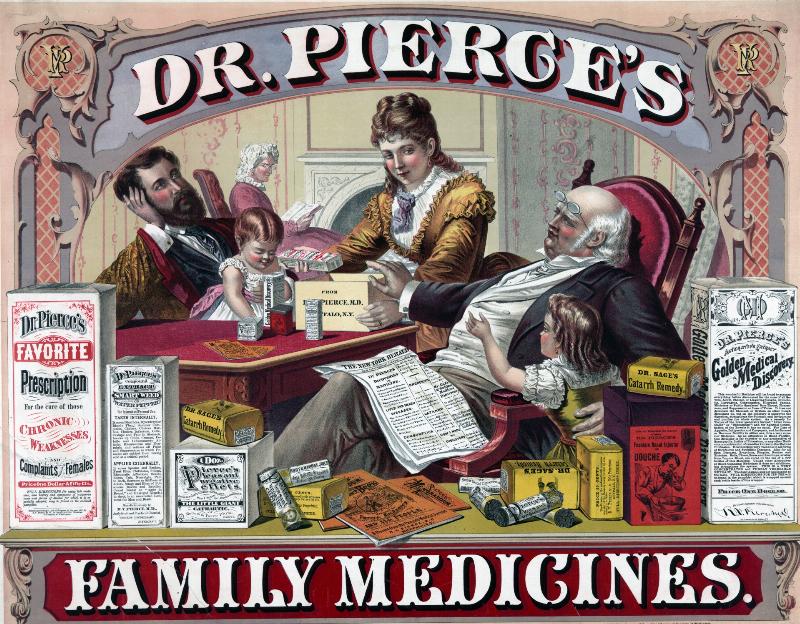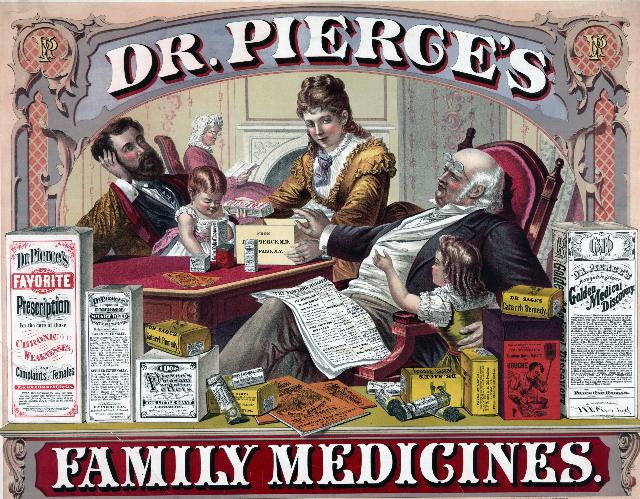


As a dad and an economist, I found that President Donald Trump’s September 10 memo calling for enforcement on pharmaceutical ad laws was a personal and professional relief. As a parent, I want to be armed with the information to make the right decisions for my family. As an economist, I want society to have guardrails against abuses by corporate entities.
But abuse doesn’t only happen from industry. It also happens by government officials, which is unfortunately what Health and Human Services Secretary Robert F. Kennedy, Jr. has done by seeking to ban all pharmaceutical advertising. Instead of enforcing Trump’s smart guardrails, RFK is creating government censorship that violates consumer choice.
He’s also contradicting his own principles of patient choice and “radical transparency,” which Trump has championed both rhetorically and through policy. Trump’s executive order to increase healthcare price transparency mandated that hospitals and insurers disclose real -- not estimated -- costs for care. His first-term Executive Order 13813, encouraged competition and choice in the insurance market. The order directed agencies to promote flexible health insurance options, reintroducing more affordable healthcare plans.
These are the areas that warrant the administration’s time and attention. As Trump’s memo notes, pharma ads are already regulated. And while RFK’s impulse to prohibit pharmaceutical ads undoubtedly stems, in part, from a legitimate concern about the price of healthcare costs, shifting the blame entirely onto the shoulders of advertising does not hold up to the facts.
Proponents of restricting ads argue that drug-makers spend far too much on marketing and not enough on research and development. But just a little digging shows pretty quickly that those numbers don’t add up. In 2024, U.S. drugmakers spent $10.1 billion on marketing, but these same companies accounted for 55% of the estimated $276 billion spent globally on drug research and development. The $10.1 billion spent on marketing accounted for just 1.1% of industry revenue, which totaled $880.4 billion. Also bear in mind that developing a new drug costs about $2.3 billion, which typically takes years to recoup.
Clearly, the industry invests far more in innovation than in commercials. But even if pharma ads were the problem, a sweeping ban may not even be possible, as these advertisements are protected by the First Amendment’s right to commercial speech -- and more importantly, my freedom to get that information as a citizen and parent. It would also set a dangerous precedent that if the government thinks any industry’s message is “bad” in some way, it could ban its ability to reach customers. The end result would be that consumers are less free and less able to make informed choices about their own health.
Kennedy isn’t alone in his desire to crack down on pharmaceutical ads. Earlier this summer, Socialist Vermont senator Bernie Sanders introduced the End Prescription Drug Ads Now Act. The bill, which currently has only Democrat support, would ban any direct-to-consumer promotion of prescription drugs, whether on television, radio, print media, digital platforms, or social media.
But if the Republican administration and Senate Democrats really want to make America healthy again, they need to provide the informational foundation and then trust Americans to make their own decisions. For example, give kids more recess instead of jamming them into seats all day. Avoid processed foods. Prioritize great relationships that build robust psychological and emotional health.
But stop restricting consumers’ freedoms. That offends me as a father who needs to make smart medical choices, and as an economist who believes a healthy society is built on empowering, not harming, consumer choice.
Michael Feuz is an economic consultant by day and a political researcher by night. He holds a Master’s Degree in economics.

Image: Public Image
